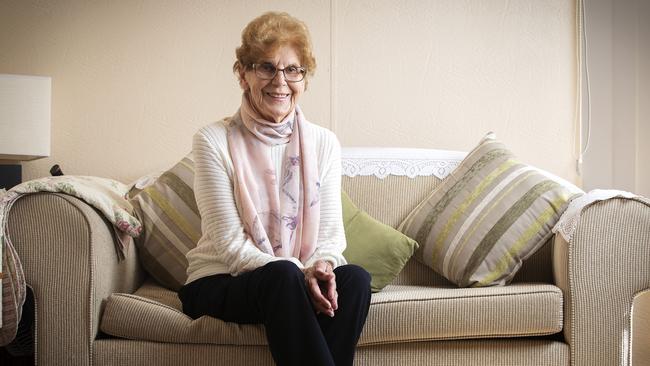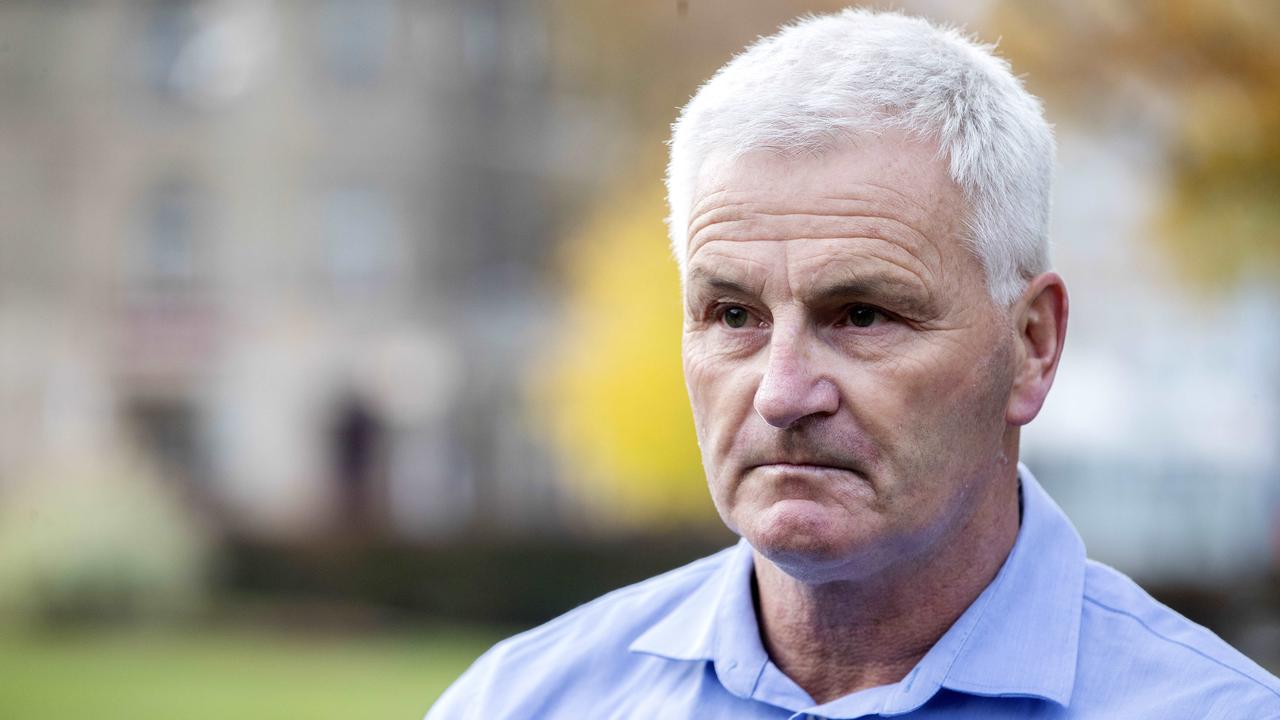Moonah resident Gwendoline Triffitt remembers her time in isolation during the 1930s polio outbreak while isolating from COVID-19
Gwendoline Triffitt is feeling a sense of deja vu being in isolation in her Moonah home, having been through the process once before 81 years ago.
Coronavirus
Don't miss out on the headlines from Coronavirus. Followed categories will be added to My News.
IN the late 1930s, Tasmania was in the grip of another health epidemic — a time Gwendoline Triffitt remembers all too well as the first time she went into isolation.
The 91-year-old went into isolation in 1938 during a devastating polio outbreak with her mum, two older sisters and brother in their Moonah home.
Tasmania suffered the world’s second-worst epidemic of polio in the 1930s, behind only Iceland, with more than 1000 cases diagnosed in the state from 1937-38.
The elderly and very young were most at risk.

Ms Triffitt said they were not permitted to leave the house under any circumstances.
“The boy next door had polio and we were all going to school down the road together, but they closed and we couldn’t leave the house or be near any other children,” she said. “It was fun and games for us in the beginning because we didn’t have to go to school, but it didn’t end up like that at all.
“We got pretty prickly after that, not having other children to play with or to be able to go outside your back gate.”

While her memory is hazy about how long they were in isolation, she said she vividly recalled the efforts of her mum.
“Mum was pretty good getting through it all as a widowed mother of four with not a lot of money,” she said.
“She made all our clothes, repaired our shoes and she used to hide little treasures around the backyard to try to keep us occupied.
“We only had the wireless, not like the kids these days with their iPhones and iPads and computers. We didn’t have many toys to play with.”
Dealing with a second round of isolation due to COVID-19, Ms Triffitt said she was missing being able to go play bowls, but was keeping herself mobile.
“To keep myself fit I walk up and down the lane, around the yard and I stand at the kitchen bench while the radio is on doing a little jig,” she said. “I miss going shopping, visiting friends and going out for coffee.
“The young family across the road left a letter in my letterbox that said ‘we’re thinking of you and if there’s anything we can do, ring us and we’ll do anything for you’. I had a bit of a tear in my eye when I read that.”

She said her supportive family had helped her through self-isolation, but she was not too concerned about catching the virus.
Her advice for Tasmanians?
“You’ve got to try and help other people as much as you can. Don’t think of yourself all the time,” she said.
“Do the right thing — listen to the experts and wash your hands.”


